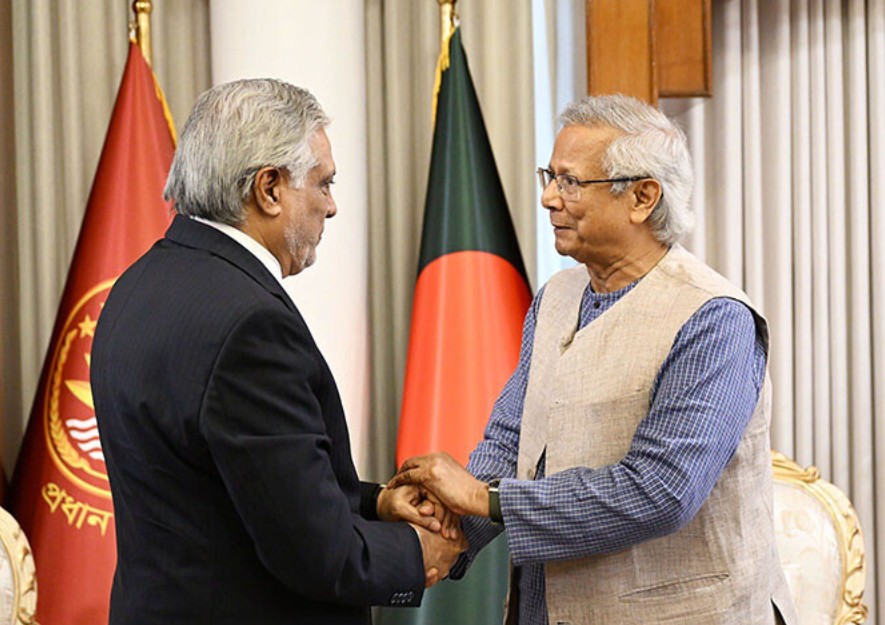Pakistan and Bangladesh Renew Ties in Landmark Diplomatic Visit

In a significant thaw in South Asian diplomacy, Pakistan’s Foreign Minister Ishaq Dar has concluded a landmark visit to Dhaka the highest level visit by a Pakistani official to Bangladesh in over a decade. The trip is being hailed as a major step forward in mending relations that have long been strained by the bitter legacy of the 1971 war.
Dar met with Bangladesh’s interim Chief Adviser Muhammad Yunus and Foreign Affairs Adviser Muhammad Touhid Hossain. The two sides signed a series of agreements aimed at boosting trade, expanding economic cooperation, and promoting cultural exchanges.
“This visit marks a milestone in the trajectory of Pakistan-Bangladesh relations,” Dar said at a joint press briefing, noting Islamabad’s commitment to “a forward-looking partnership based on mutual respect.”
Economic Ties Gain Momentum
The visit follows recent moves to enhance bilateral commerce, including plans to open new sea trade routes and reduce tariffs on key goods. Both countries are exploring a preferential trade agreement that could pave the way for deeper regional economic integration, especially through the Bay of Bengal.
Bangladesh, now South Asia’s second-largest economy by GDP, has emerged as a key player in textile exports, pharmaceuticals, and shipbuilding. Islamabad views closer ties with Dhaka as critical to expanding trade beyond its traditional partners.
Unresolved History Still Casts a Shadow
Despite the warm diplomatic tone, historical grievances surfaced during the visit. Dhaka reiterated its long-standing demand for a formal apology from Pakistan for the atrocities committed during the 1971 Bangladesh Liberation War, which led to the deaths of hundreds of thousands and the displacement of millions.
While Pakistan has expressed “regret” in previous statements, it has stopped short of issuing a full apology a sticking point that continues to stir emotion in Bangladesh, where the war is deeply etched in the national consciousness.
“Moving forward requires acknowledging the past,” said a senior Bangladeshi official, speaking on condition of anonymity. “But we are committed to dialogue.”
A Diplomatic Balancing Act
Since the early 2000s, ties between the two nations have fluctuated. The last significant visit by a Pakistani leader was in 2012, when President Asif Ali Zardari attended a regional summit in Dhaka. Relations cooled in the years that followed, particularly over Bangladesh’s war crimes tribunals and its execution of several opposition leaders with ties to Pakistan.
Analysts say the current effort to reset relations is partly driven by regional realignments, including China’s expanding influence in South Asia and India’s assertive regional diplomacy. Both Islamabad and Dhaka appear to be recalibrating their foreign policies amid shifting global alliances.
What Comes Next?
Both sides agreed to establish a high level joint commission to follow up on the agreements and explore further avenues of cooperation in education, technology, and maritime security.
Observers say that while the visit does not resolve deep-rooted issues, it opens a diplomatic window that could lead to more sustainable ties if both nations continue to engage in good faith.
